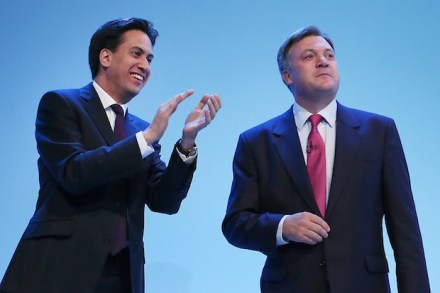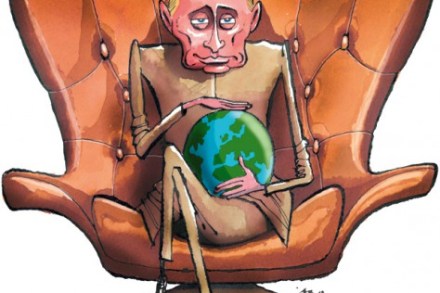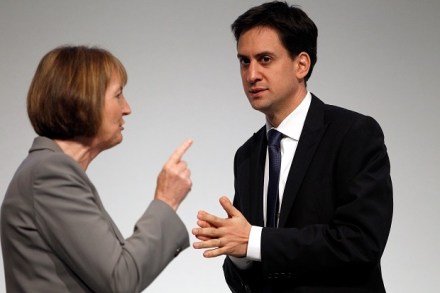There’s supposed to be a ‘cost of living crisis’, Ed. Will free gym use solve it?
There was much excitement on Tuesday night when Labour’s Pat McFadden, a former business and employment minister, appeared on Newsnight and said: ‘I want to see a Labour Party that takes wealth creation every bit as seriously as its fair distribution. I’m all for justice and fairness in the work place. But you have got to create wealth too.’ Tory spinners set to work. ‘Miliband needs to show that wealth creation matters,’ they said. ‘Even his supporters are critical.’ Tory spinners would say that, wouldn’t they? McFadden was merely one disgruntled voice (and with some form). But the chorus of concern has built over the last 24 hours; encouraged, no doubt,





















